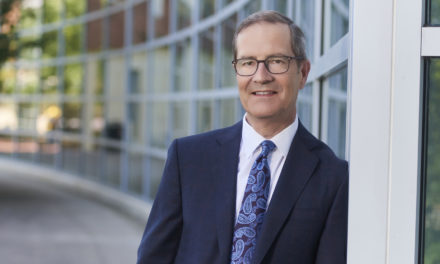Better Business Podcast 3:
The Future of Work:
How can managers increase flexibility without losing productivity?
GUESTS: Margaret Luciano, associate professor of management & organization and BNY Mellon Faculty Fellow
Andrew Moses, ‘07 Acctg, vice president, MorganFranklin Consulting & host of Everybody Pulls the Tarp podcast
With companies calling employees back to the office and valuable talent pushing for more flexible remote work, a compelling back-and-forth rethinking of the work environment has ensued. How can managers create highly effective teams working in this new work paradigm?
“There are certainly advantages to what we would call the traditional way of working versus the new way of working,” says Andrew Moses, a 2007 graduate of Penn State Smeal and vice president with MorganFranklin Consulting, a strategic management consulting firm. “I think it’s incumbent upon leaders to make sure we make the most of all these different modalities of work.”
Margaret Luciano, associate professor of management & organization and BNY Mellon Faculty Fellow at Penn State Smeal, advises leaders to delegate more while creating “zones of discretion” — areas where employees have responsibility as well as structured flexibility to prevent things from going awry.
Moses adds two important leadership skills to the mix: self-awareness and empathy.
“If you’re self-aware, then you can plug weaknesses and put people around you that are complementary to your strengths and lead with empathy,” he says. “Employees and team members want someone who can hear them, see them, understand what they’re going through, and convey that. That’s not something that is necessarily easy to get trained on. Some of that is a skill maybe that you’re born with, but some of that’s something that you really have to work on and develop over time.”
He also recommends that leaders focus on being a “net giver” by giving more to others than they receive or take. “It creates that contagion effect [so] people value and respect and want to give to others.”
As for who has the most influence on how flexible a company can be, Luciano says the power dynamic among workers and corporate leaders will continue to shift as everyone tries to navigate this new reality.
“It’s the complexity and dynamism of this environment which has been rapidly accelerated,” she notes, adding that training managers on how to navigate to achieve results will be critical.
Employees are also looking to their companies to pay attention to their holistic well-being, Moses notes, which could mean taking a tip from high-performing athletes. Moses has interviewed more than 130 Olympians, pro athletes, bestselling authors, CEOs, and other high-performers.
“Most Olympians are working with mental skills coaches for a very, very long time,” he says. “I think we’re going to see [that] permeate more into the business world not only in the form of executive coaches but really digging into what are mental skills and how can we develop and flex mental skills the same way we would look at cultivating a skill set in a more traditional, technical area as part of an annual goal.” – Maura C. Ciccarelli


Margaret Luciano (top), associate professor of management & organization and BNY Mellon Faculty Fellow, and Andrew Moses ’07 Acctg (bottom), a vice president with MorganFranklin Consulting, discuss the new way of working in episode 3 of the Better Business Podcast.




